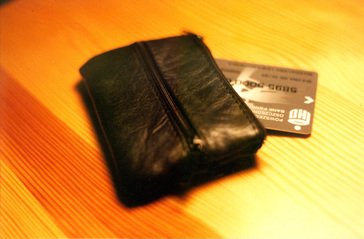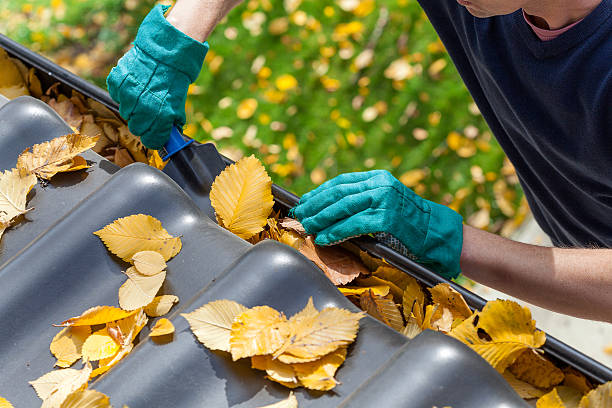
When I was twenty, at the beginning of my marriage, I was preoccupied with saving money to eventually own an apartment. I opened a bank account and every month I’d set aside a small amount from my modest income instead of going to restaurants or on vacations. Jerzy laughed at me. He was already in school, pursuing a higher degree in fire engineering to reap the benefits of a better income and housing—he thought my plan was silly. At the rate I was saving, he predicted it would take decades for us to save enough to purchase an apartment. But I had the last laugh because in five years I had accumulated enough for a down payment.
We were both thinking proactively but using different strategies, securing the future in ways that seemed logical to us. Around that time credit cards first came to Poland. I was used to knowing exactly how much money I had and allocating it for the week, month, and year. With credit cards, you had a line of available income but you hadn’t even earned it yet; the temptation of consumerism suddenly appeared. Now I could buy a beautiful pair of shoes just because I liked them, not because I really needed them. I learned quickly, though, that I would need to reckon with my decision at the end of the month, because I never carried a balance.

Even if we don’t carry a balance on our credit cards, we’re often building up debt through our lifestyle choices. If you push your body too hard and don’t take time to recover, you’ll wake up the next morning in pain or injured, reaping the consequences of your behavior. If you take a pill to erase your pain or ease your depression, a decade later you may find that the medication has become an unwanted habit that you can’t shake, leaving you with unwanted side effects. There can be a tendency to “heal now, break later.” This isn’t to say that all medications are bad or that we shouldn’t use medicine to help ourselves recover, but there are always consequences over the long term. Lifestyle change should be the primary focus, because the benefits are abundant and profound.
The present moment decides your future, and there’s always the option to make a better choice. We’re often blind to how miserable our work is making us, but we’re afraid to take steps to change our workplaces or careers. The same principles apply to relationships, which can slowly become stale or even painful. If we keep the lines of communication open, expressing care, as opposed to letting negative patterns or resentments build up, we can keep them fresh and alive. Awareness of our environment helps us care for our homes—checking the gutters, the roof, the appliances. We can build and maintain our health by making the right food choices and eating just enough so we don’t create negative conditions that will need to be treated in the future.

The ethos of our culture, “pay it later,” promotes instant gratification and delayed consequences. It also encourages denial and not knowing or contemplating the consequences of our actions. It feeds into the zeitgeist of consumerism and the misunderstanding that everything of value can be bought. No one can care for your body for you, or write your poem or reflect on your day. You can always elicit help or support through teachers and healers, but you must be the one to step on the path.



[…] Fuente del artículo […]